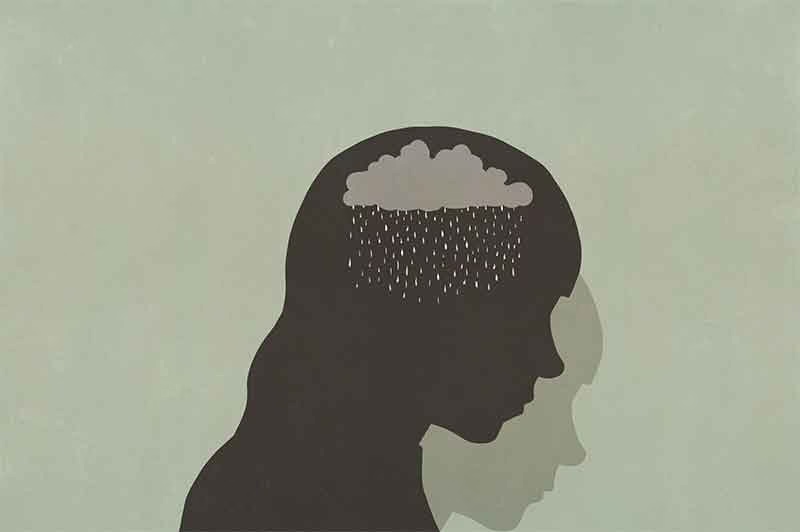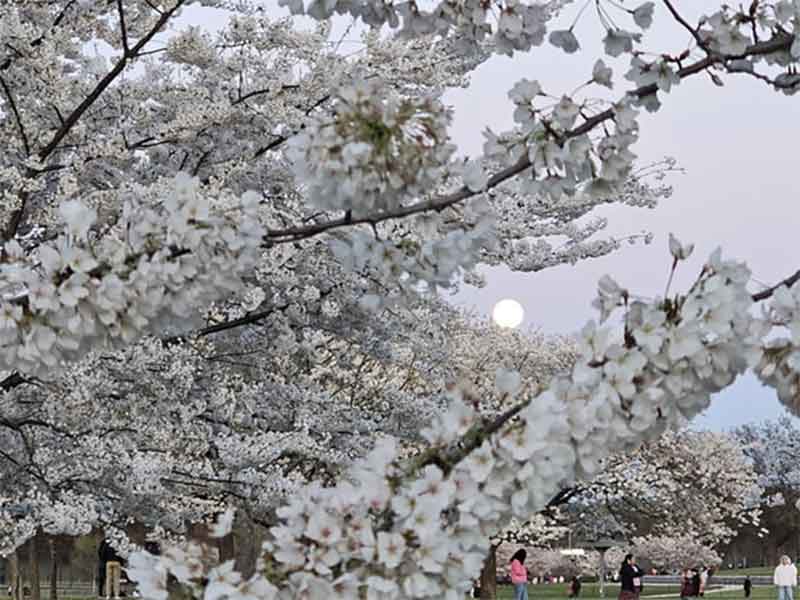As I stood before the iconic White House in 2010, during the presidency of Barack Obama, I felt a mix of emotions. The weight of history, the power of the presidency, and the countless stories of those who had fought for justice and equality on those very streets. My thoughts wandered to the American presidents who had shaped the country’s trajectory, leaving an indelible mark on global politics.
From Abraham Lincoln’s emancipation of slaves to Harry Truman’s decision to drop atomic bombs on Hiroshima and Nagasaki, each president’s actions had far-reaching consequences. Some, like Franklin D. Roosevelt, had been credited with leading the country through times of great turmoil, implementing policies like the New Deal to alleviate the suffering of the Great Depression. Others, like Woodrow Wilson, had been criticized for their role in perpetuating racism and xenophobia.

As I reflected on the complex legacy of American presidents, I noticed a woman standing vigil outside the White House. Her name was Concepción Picciotto, and she had dedicated her life to protesting against nuclear warfare and government violence. For 35 years, Concepción stood unwavering, a constant presence in the ever-changing landscape of American politics.
Concepción’s story is one of remarkable courage and conviction. Born in Spain in 1936, she immigrated to the United States in the 1960s. Her experiences during the Spanish Civil War and her witnessing of the atomic bombing of Hiroshima had a profound impact on her, shaping her commitment to peace and justice. Concepción’s protest was not just a statement, but a way of life – a testament to the power of ordinary people to challenge the powerful and demand change.
As I looked at Concepción, I saw a woman who had dedicated her life to a cause greater than herself. Her protest was a powerful reminder of the importance of speaking out against injustice and working towards a more peaceful and equitable world. Concepción’s resistance against war and invasions, as well as her opposition to the US friendship with Israel, was a testament to her unwavering commitment to justice and human rights.
During my visit, I also had the opportunity to witness a mass protest in Capitol Hill, Washington, advocating for the welfare of migrants. The protesters, from diverse backgrounds, held placards that read “No one human being illegal.” The police and security forces present did not interfere, allowing the protesters to exercise their right to free speech. It was a powerful display of solidarity and a testament to the enduring spirit of activism in the United States.
As I reflect on that moment, I wonder what would have happened if that protest had taken place during Donald Trump’s presidency. Given his administration’s stance on immigration, as evident in their efforts to dismantle Obama-era immigration initiatives and pursue a program of stepped-up arrests of unauthorized immigrants ¹, it’s likely that the response would have been vastly different. The protesters might have faced harsher treatment, and the atmosphere would have been more tense.
As I walked away from the White House, I noticed a Christian chapel nearby. Outside the chapel, I saw a pair of worn-out chappals, left behind by someone who had come to pray. The chappals seemed to symbolize the irony of power and faith. Those who wield power often use faith to justify their actions, while ignoring the injustices they perpetuate. The chappals stood as a silent witness to the countless lives lost due to the decisions made within the White House walls.
The image of the chappals has stayed with me to this day, a poignant reminder of the disconnect between power and justice. As I reflect on my encounter with Concepción and the mass protest, I am reminded of the importance of holding those in power accountable for their actions. We must continue to speak out against injustice and work towards creating a more just and equitable world.
As I look back on that day, I am filled with a sense of gratitude and humility. Gratitude for the courage and conviction of people like Concepción, who inspire us to be better versions of ourselves. And humility, for the realization that our actions, no matter how small they may seem, have the power to impact the lives of others. The memory of Concepción, the mass protest, and the chappals will continue to guide me on my own journey, reminding me of the importance of standing up for what is right, even in the face of adversity.
Mujeeb Rahman Kinalur is an author, writer and cultural critic based at Calicut, Kerala
















































